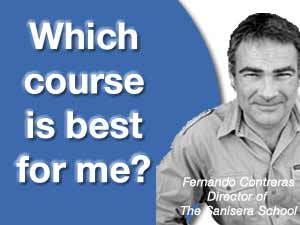Useful Information
Directed at
If you are interested in studying anthropology or are already doing so in your school and would like to gain experience as a fieldwork volunteer excavating cemeteries and graves, this may be the best choice for you. This program accommodates participants with or without previous experience.
In the necropolis of Sanisera, without much physical exertion, and due to the stratigraphic conditions, you easily find and excavate tombs and their contents. You will excavate tombs and learn anthropological techniques used to recover human remains and grave goods. In the biological anthropology laboratory, you will learn how to treat and classify bones and grave goods recovered from the necropolis.
This course is designed primarily for students interested in excavating human remains with fieldwork focusing on a Roman cemetery. Time dedicated to laboratory work is less than excavation time, but students will learn the basics of anatomy.
After completing this program, the experience gained will enable you to decide if biological anthropology is the area of study best for you and if you would like to continue on with anthropology in your professional future.
This is the most economical intensive biological anthropology course the Sanisera Field School offers. The excavation takes place on the northern coast of the island, surrounded by the sea and pristine Mediterranean landscapes.
Previous knowledge or experience in archaeology or computer systems is not required.
Field School life & language
The fieldwork runs 7 hours a day with time dedicated to both excavations, the study of human osteology by the analysis of the skeletal remains and laboratory work on roman pottery.
For every seven course days there are two days off.
Participants will learn and apply excavation techniques used in biological anthropology during fieldwork. In the laboratory, participants will follow guidelines set by an anthropologist and other specialists for the classification, study, and conservation of skeletal remains and other related material found.
Participants will also be given lectures on methodology, roman archaeology, human osteology and classification of archaeological materials.
The course is taught in English.
Certificates
At the end of the Field Program, students will receive a certificate of participation stating the hours and activities of the course.Participants that perform exceedingly well in the course may receive a letter of recommendation from our organization upon request.






